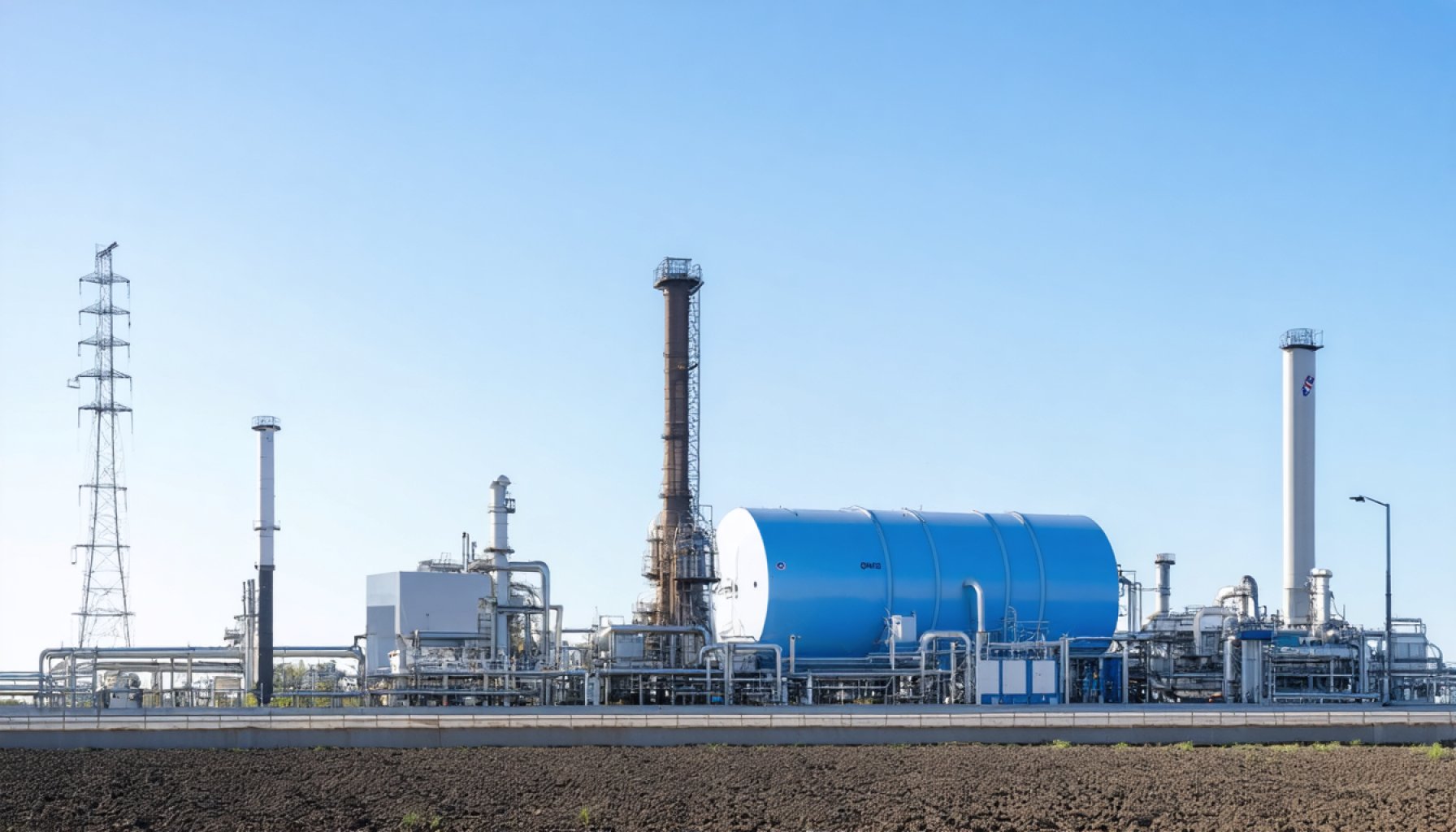- Australia emerges as a key player in the global clean energy sector, focusing on natural hydrogen exploration.
- Fleet Space, an Australian tech leader, collaborates with Koloma, supported by Bill Gates and Jeff Bezos, to leverage ExoSphere technology for mapping hydrogen resources.
- Hydrogen offers a sustainable energy solution, producing only water upon combustion and addressing carbon emission challenges.
- Koloma’s $23.8 million investment enhances Australia’s role as a hydrogen hub, aligning with national clean energy strategies.
- This collaboration signals a transformative shift towards sustainable energy, with potential global impacts beyond Australia.
A bold vision unfurls down under, with Australia’s rugged expanses hosting a frontier for clean energy. The shimmering promise of natural hydrogen, nestled within the layers of the Earth’s crust, beckons innovators and investors worldwide. Enter Fleet Space, an Australian technology pioneer, partnering with Koloma, the natural hydrogen titan backed by none other than Bill Gates and Jeff Bezos.
The allure of hydrogen lies in its potential to transform how we power our world. Once ignited, it leaves only water in its wake—an unequivocal answer to carbon woes. Fleet Space, armed with cutting-edge ExoSphere technology, promises to map this invisible resource globally. This system, weaving the latest advances in satellite imaging and AI, brings to light the mysteries lying deep below, mapping geological formations up to 7 kilometers beneath the surface.
Koloma’s recent leap across the ocean, buoyed by a $23.8 million influx, secures Australia’s standing as a hydrogen hub. The island nation, already boasting 20% of the world’s hydrogen endeavors, finds itself at the precipice of a fuel revolution, aided by national strategies that propel it onto the global stage.
This unfolding partnership is not merely a business venture; it symbolizes a pivotal movement. Koloma’s expansion and collaboration with Fleet Space serve as a clarion call to other stakeholders driven by the urgency of clean energy alternatives. As the partnership accelerates, its impact may extend far beyond Australian borders, beckoning a new age of sustainable exploration. Here, two giants converge, each stride leaving an indelible mark on our shared future.
Unlocking the Future: Australia’s Role in the Global Hydrogen Revolution
Australia’s Emergence as a Hydrogen Powerhouse
The partnership between Fleet Space and Koloma marks a significant chapter in Australia’s journey as a leader in the clean energy sector. As the development of natural hydrogen gains momentum, it’s vital to understand the broader implications and emerging trends that accompany this transformative energy source.
How-To Steps & Life Hacks: Exploring Natural Hydrogen
1. Identify Potential Sites for Hydrogen Harvesting: Use advanced geological mapping technologies to pinpoint viable hydrogen reserves. Fleet Space’s ExoSphere can penetrate up to 7 kilometers beneath the Earth’s surface to reveal these resources.
2. Leverage AI and Satellite Imaging: Implement state-of-the-art AI algorithms and satellite imaging to assess and monitor the environmental impact of hydrogen extraction, ensuring sustainability.
3. Develop Infrastructure: Build infrastructure to transport and store hydrogen, considering pipelines or conversion plants for hydrogen fuel cells.
4. Engage Stakeholders: Collaborate with government bodies, investors, and local communities to create support networks that facilitate operational success.
Real-World Use Cases
Natural hydrogen, a clean fuel, has versatile applications:
– Power Generation: Hydrogen is used in fuel cells to generate electricity with zero emissions, an attractive option for off-grid locations.
– Transportation: Hydrogen-powered vehicles and public transport systems reduce urban air pollution and reliance on fossil fuels.
– Industrial Sector: Used in processes requiring high heat, hydrogen can replace natural gas and coal-fired systems.
Market Forecasts & Industry Trends
According to a report by the Hydrogen Council, the global hydrogen economy is projected to create a $2.5 trillion market by 2050. With countries setting ambitious net-zero targets, especially after global discussions like COP26, hydrogen demand is expected to surge.
Controversies & Limitations
– Cost: Extracting hydrogen, particularly green hydrogen, is currently more expensive compared to other energy sources.
– Infrastructure: The lack of existing hydrogen infrastructure poses challenges for widespread adoption.
– Safety Concerns: Hydrogen is highly flammable, necessitating rigorous safety standards.
Security & Sustainability
Fleet Space and Koloma’s emphasis on sustainable extraction aligns with global carbon reduction goals. They advocate for minimal environmental disruption during hydrogen extraction.
Insights & Predictions
– Australia’s Strategic Position: Positioned to become a global hydrogen exporter thanks to its vast land reserves and progressive energy policies.
– Technological Advancements: Advancement in extraction and transportation technologies will drive down costs and improve safety, accelerating hydrogen adoption.
Quick Tips: Embracing Hydrogen
– Invest in R&D: Innovate in extraction and storage technologies, focusing on safety and cost-reduction.
– Policy Advocacy: Support policies that incentivize clean energy adoption and infrastructure development.
– Public Awareness: Educate communities about the benefits and safety of hydrogen energy.
Australia is indeed at the forefront of a hydrogen revolution. By investing in technology and collaborating with global stakeholders, it stands to make significant strides in the worldwide move towards sustainable energy solutions. For more information on the latest in the industry, visit the Hydrogen Council or explore Ausrali’s national science agency, CSIRO for cutting-edge research and insights.


